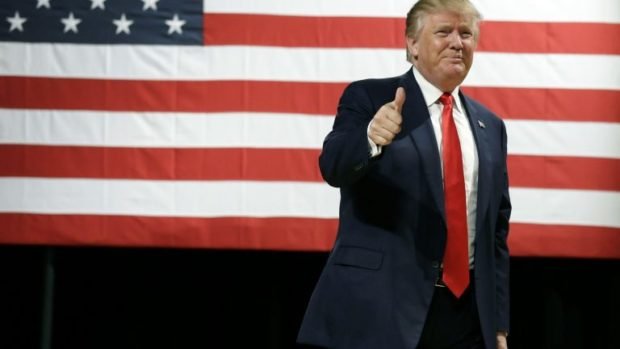In a Hot M&A Market, Not All Combinations Are Winners
2021 has been a banner year for mergers and acquisitions. According to some estimates, M&A deals increased 158% in 2021 to $2.4 trillion, setting new records and reaching the highest levels since such data has been kept. These historic numbers have been driven in large part by the expanding trend of growth through acquisition, as many companies have made a strategic decision to buy potential competitors or specific aspects of their supply chain to expand market share.
Yet while mergers by and large are generally good for the economy, consumer, and shareholder, they can be a cause for concern when such market moves supplant innovation or come at the cost of competition. The best-known modern example may be the Microsoft anti-trust case, resolved in 2001, that required the software giant to be broken up into two companies. In many ways this case has served as the starting point for the myriad regulatory issue that modern Big Tech companies are dealing with today and ushered in a new era of anti-trust enforcement.
A prime example in the defense space involves the proposed $4.4 billion acquisition of Aerojet Rocketdyne by defense giant Lockheed Martin, which is currently under consideration for approval by the Department of Defense (DoD) and Federal Trade Commission (FTC). Unlike other recent mergers in the defense space which have helped bolster American competitiveness, this merger would in effect allow Lockheed Martin to corner the market for next generation hypersonic weapons and likely cost taxpayers billions.
The merits of this proposed merger have been debated by many in Congress, but the approach and strategy for this particular merger were flawed from the start. As such, the justifications that have been used to grant approval don’t hold enough water, leading to growing opposition in Washington. FTC chair Lina Khan, for example, in response to question about this merger has said that “antitrust agencies should more frequently consider opposing [such] problematic deals outright.” The fact of the matter is, in a year that has seen massive M&A activity, a compelling case for why Aerojet needs to be acquired by one of the largest defense contractors in the world has not been made.
Concerns about reduced competition warrant further examination. Acquiring an important vendor in your supply chain, particularly one that is used by your competition as well, typically drifts a marketplace closer to a monopoly. Using Communist China as a justification for such a move helps illustrate the point.
In Lockheed Martin’s Q4 2020 earnings call, Lockheed Martin CEO James Taiclet went as far to say that he believes the U.S. defense systems should be more like that of China, as a justification for a merger with Aerojet, saying government officials should ask themselves: “How does China operate its defense industrial base? How does it organize it and what are the capabilities and velocity again that comes from that?” While Mr. Taiclet was attempting to win the support of leaders in the defense community for the merger, such a statement should raise alarm bells for anyone who supports free markets.
The financials also do not tell a compelling story.
Lockheed has attempted to portray Aerojet as a flailing company in desperate need of a buyer and claims that only a big defense contractor will fit the bill. Similar proponents claim the any other outside buyer, such as a private equity firm, could threaten the existence of unprofitable franchises within Aerojet that are under-performing but are critical to national security. This in turn justifies the vertical integration. But with 2020 sales of $2.1 billion and growth of 5% year over year, Aerojet seems to be doing fairly well for themselves as a company. Most importantly, if another buyer can come in and provide similar investment support in R&D as Lockheed would but without the monopoly concerns, that is a much easier case to make and one that will be better for markets in the long-term.
The current M&A environment is running on overdrive. While it seems like the FTC may be starting to change its tune, the principle by and large still stands that if you can put together a sound rationale and strategy to support a proposed merger, regulators have been willing participants in that approval. However makeshift justifications without solid footing are bound to fail. Time will tell if Lockheed’s strategy is enough to get past regulators, but their current strategy is bound to face an uphill climb.




